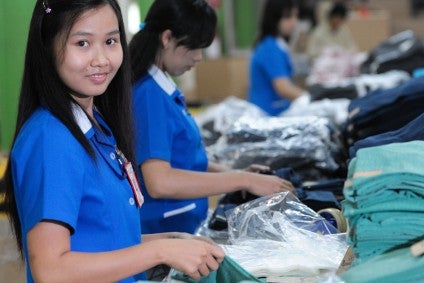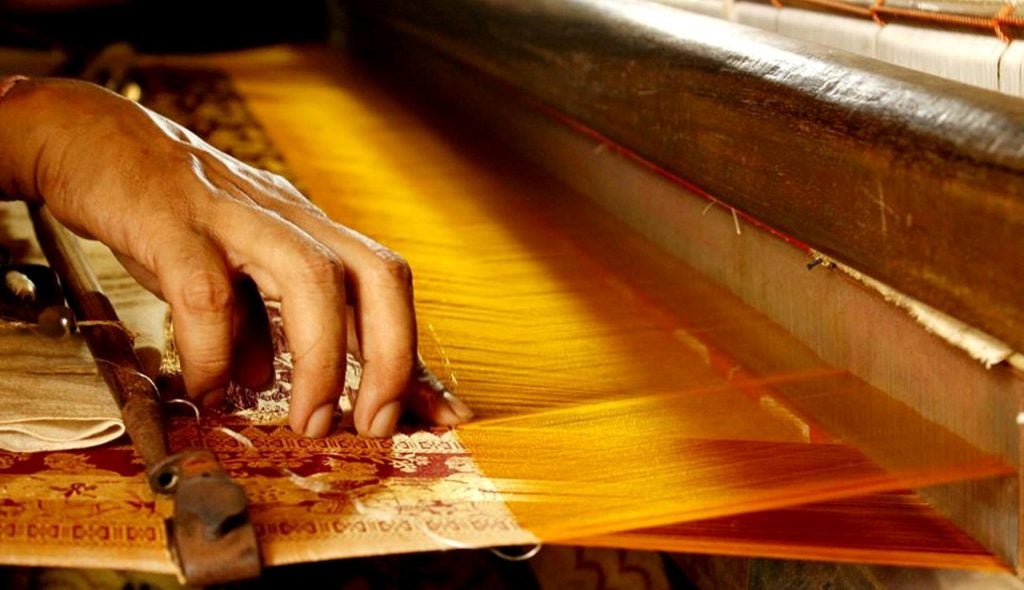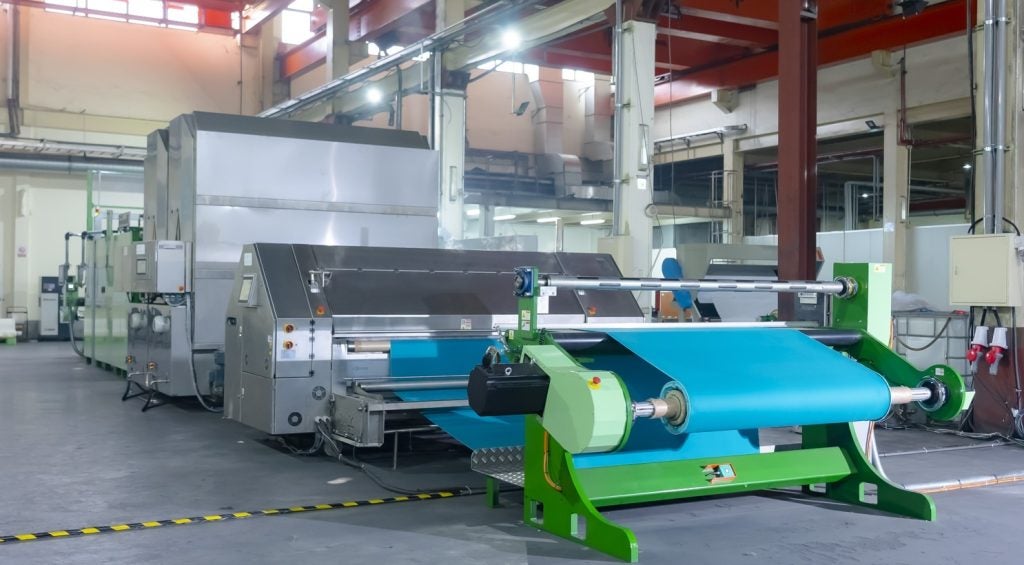
Indonesia’s clothing industry is another sourcing hub that has been struggling during the Covid-19 pandemic, with overseas buyers cancelling orders and the domestic market in the doldrums.
“Since the pandemic, many buyers in foreign countries, mostly the United States and Europe, have cancelled or postponed orders because of lockdowns and other reasons,” says Rizal Rakhman, secretary general of the Indonesian Textile Association (API – Asosiasi Pertekstilan Indonesia).
The domestic market has also been depressed, with stores, modern shopping malls and garment sales centres, including the famous Tanah Abang market in Jakarta, ordered to close to observe social distancing restrictions imposed by the government on 10 April.
Given the greater Jakarta region is home to about 30 million people, it is no surprise that domestic sales that help Indonesian manufacturers maintain capacity have plummeted.
“The restrictions are affecting the garment sector greatly. When shops are closed, they don’t order from manufacturers and can’t pay because there are no sales,” Rakhman adds. “Many people also are not buying clothing because they have lost their income and have switched priorities to food and other essentials.”
How well do you really know your competitors?
Access the most comprehensive Company Profiles on the market, powered by GlobalData. Save hours of research. Gain competitive edge.

Thank you!
Your download email will arrive shortly
Not ready to buy yet? Download a free sample
We are confident about the unique quality of our Company Profiles. However, we want you to make the most beneficial decision for your business, so we offer a free sample that you can download by submitting the below form
By GlobalDataSee Also:
Seasonal sales have been harmed too – the Eid al-Fitr Muslim festival at the end of the holy month of Ramadan usually sees revellers splurge on new clothing, but not this year, Rakhman says.
Huge industry has been hobbled
With exports collapsing, a huge industry has been hobbled. In 2019, Indonesian clothing exports were valued at US$8.3bn, down slightly from US$8.62bn in 2018, according to the ministry of industry. The US accounts for nearly half of that value, according to ministry data.
Even though clothing and textile factories in Indonesia have been allowed to continue operating, as long as workers practice social distancing and wear face masks, they have little revenue, and they are still being required to pay electricity minimum usage fees, pay loan interest to the banks and pay employees.
“As a result, many workers have been furloughed because that’s the only rational option,” Rakhman says.
He declines to reveal how many garment and textile workers had been laid off, but the government has said that across Indonesia, since the Covid-19 crisis hit, nearly 2 million workers, including those in informal sectors, have lost their jobs and daily incomes.
According to Rakhman, businesses have called for the government to subsidise 50% of their electricity bills, but there has been no response.
That said, the government has acted in other ways. In March, it revealed tax breaks worth US$1.4bn, primarily for the manufacturing industry, including the textile and clothing sector. It also announced it would reduce corporate income tax by 30% in 19 selected manufacturing industries for the next six months (it added another 11 sectors in April) – which includes the clothing and textile industry.
But the API secretary general warns that regardless, if the pandemic drags on, many businesses will be forced to close.
Time to recover
Redma Wirawasta, secretary general of the Indonesia Fiber & Filament Yarn Producers Association (APSyFI), says it will take time for the sector to recover after the pandemic, as countries are expected to raise tariffs to protect domestic businesses as the virus subsides. “Our hope is the domestic market, but no one’s buying at the moment.”
Redma says Indonesians buy 2 million tonnes of garments annually, while exports account for 500,000 tonnes a year.
Elis Masitoh, the industry ministry’s director for textile, leather and footwear industries, says the government estimates that exports of textiles and clothing have dropped as much as 30% percent in the first semester due to the pandemic.
Domestic sales of textiles and clothing slumped by up to 60% due to travel restrictions and closure of shopping centres, she says. Online sales only account for about 5-10% of turnover, making it tough for clothing retailers and brands to maintain income.
“On the supply side, [textile and clothing] manufacturers are currently operating at about 50% of capacity,” she told just-style. “A few companies are completely closed because there are no orders,”
Despite this, Elis claims there have yet been massive lay-offs in the garment sector during the pandemic, but did not provide numbers. “There have been layoffs, but they were largely not due to Covid-19 but relocations. Some companies are suspending workers, but there have been no large-scale dismissals.”
In April, the Better Work initiative – a joint programme of the International Labour Organization (ILO) and the International Finance Corporation, a member of the World Bank Group – reported that more than 65 export oriented garment factories enrolled in the Better Work Indonesia programme were temporary closed due to social restriction orders or as a result of cancelled or suspended orders from buyers. Factories in DKI Jakarta, Banten, West Java, Central Java and Jogjakarta were all affected, with around 100,000 workers impacted. Factories had also adapted production lines to produce personal protective equipment.








